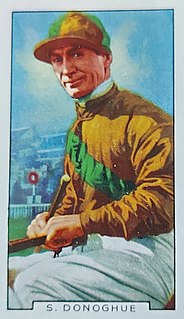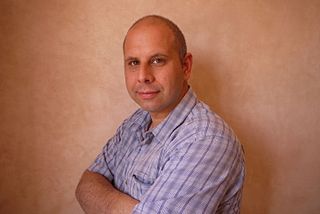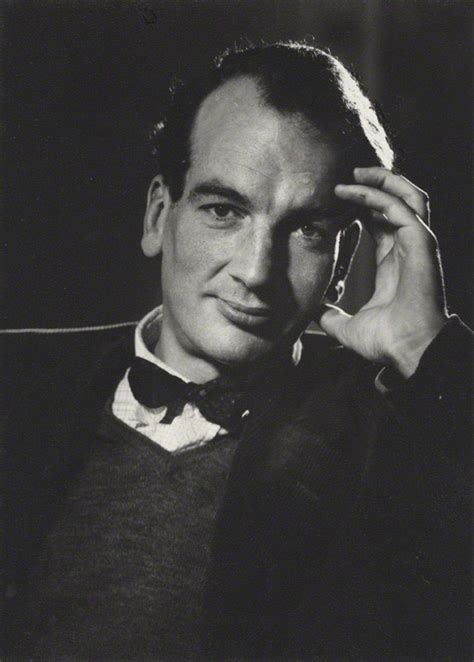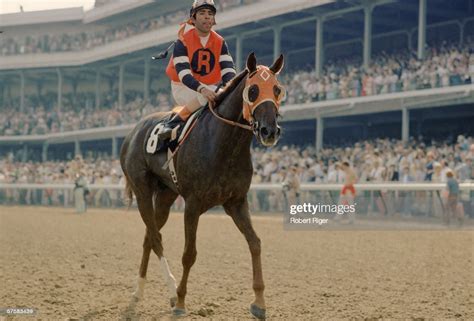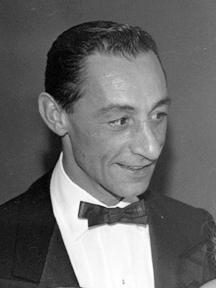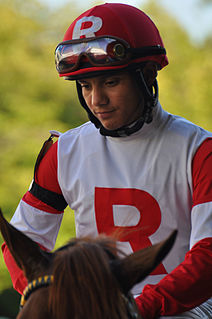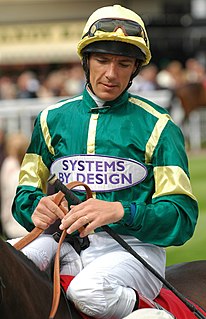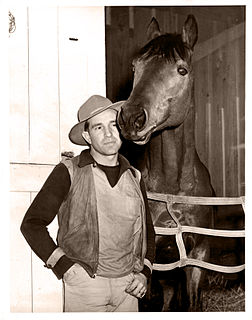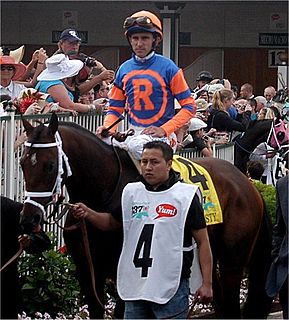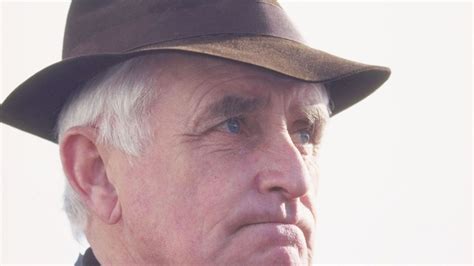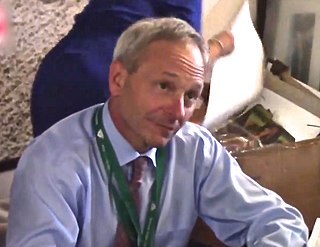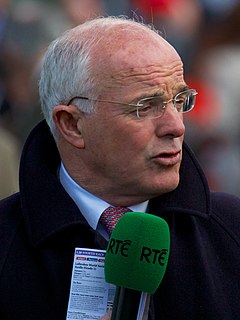A Quote by Steve Donoghue
The Transformation of the World is lavishly reinforced with critical apparatus (that, too, must have been a labor of Hercules to translate--I honestly never expected to see this book in English), but by far its greatest attraction is the intelligence and more important the wisdom of its author. It's a towering achievement no serious reader should miss.
Related Quotes
However much of time, labor, or other means it takes to establish a reputation, it frequently happens that it requires nearly as much to maintain it. One who has written a good book, is expected on all occasions to "talk like a book." Or, if one has achieved an act of heroism, he is expected to perform acts of heroism for the edification of all who approach him. There are people who can never believe they see a lion unless they hear him roar.
Once in a very long time you come across a book that is far, far more than the ink, the glue and the paper, a book that seeps into your blood. With such a book the impact isn't necessarily obvious at first...but the more you read it and re-read it, and live with it, and travel with it, the more it speaks to you, and the more you realize that you cannot live without that book. It's then that the wisdom hidden inside, the seed, is passed on.
